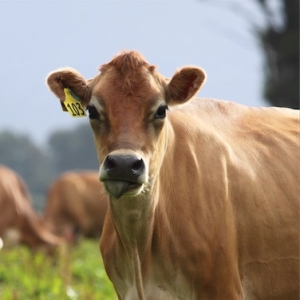FEDERATED FARMERS dairy president Andrew Hoggard says many farmers will struggle to meet the milk cooling regulations proposed by MPI.
For farmers in some regions – like Bay of Plenty and Northland – buying extra equipment to cool water or milk may not be the solution, he says. Electricity supply may be an issue.
The question is whether some farmers will be in a position to take extra powerlines to their milking sheds.
“A good number of farmers will struggle to meet those targets,” Hoggard told Dairy News. “We are talking about big capital expenses in some cases – buying coolers, boosting transformers and increasing power lines.”
Hoggard is spending $45,000 on a new milk cooler from refrigeration company Snapchill. This will recover heat produced during the milk chilling process, using it to heat water.
Fonterra food safety technical adviser Tim Johnstone last month told farmers at a Smaller Milk and Supply Herds (SMASH) field day that the regulations aim to satisfy international markets. “That’s the big one essentially driving the new regulations.”
New Zealand’s rules for raw milk storage are not as stringent as those of its major trading partners China, Russia, Australia and the EU; standards are on par with the US.
Johnstone says during audits of New Zealand farms, overseas regulators questioned why our milk cooling is out of line with the rest of the world. “We’ve been getting away with… arguing that our milk quality is above everyone else’s.”
Paul Donderwinkel, director of Matamata refrigeration company Centigrade, says there won’t be a “one-size-fits-all” solution; rather, daily milk volume on each farm will determine the cost, “on average $5000-$100,000,” he said.
Corporate farmers are more amenable to the new rules than are family farmers, the latter being “a bit more reluctant to embrace the proposed regulations”.


















